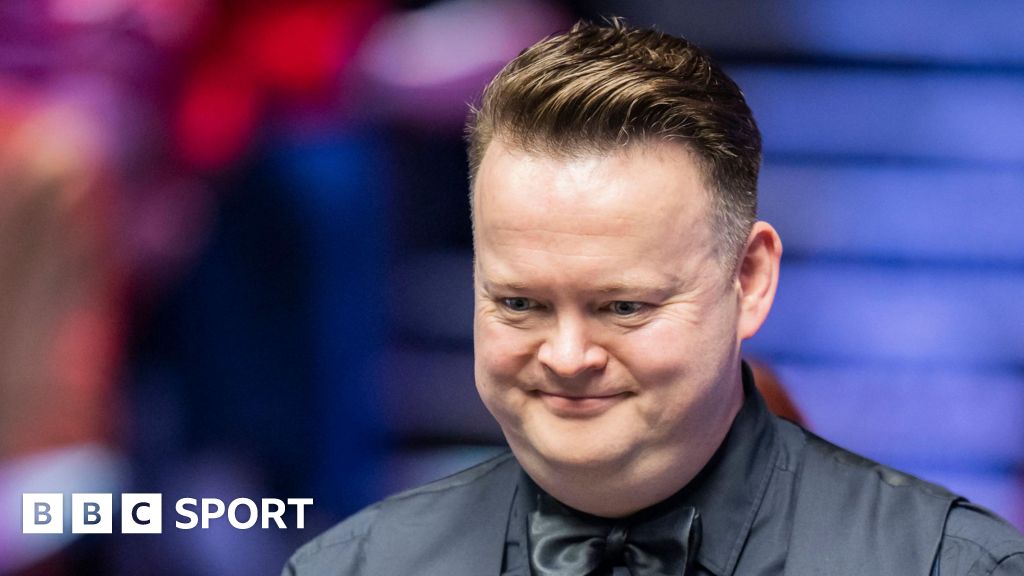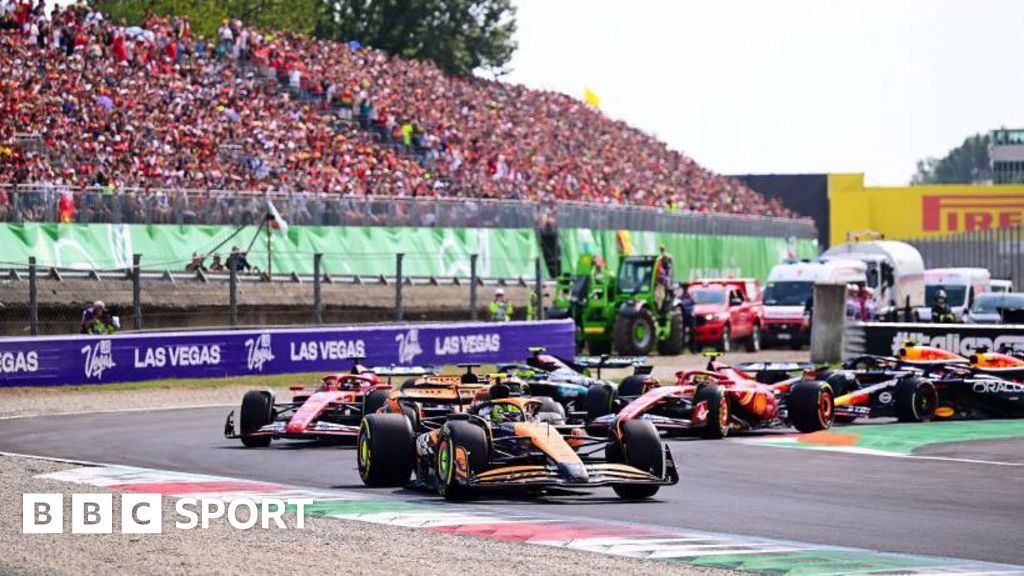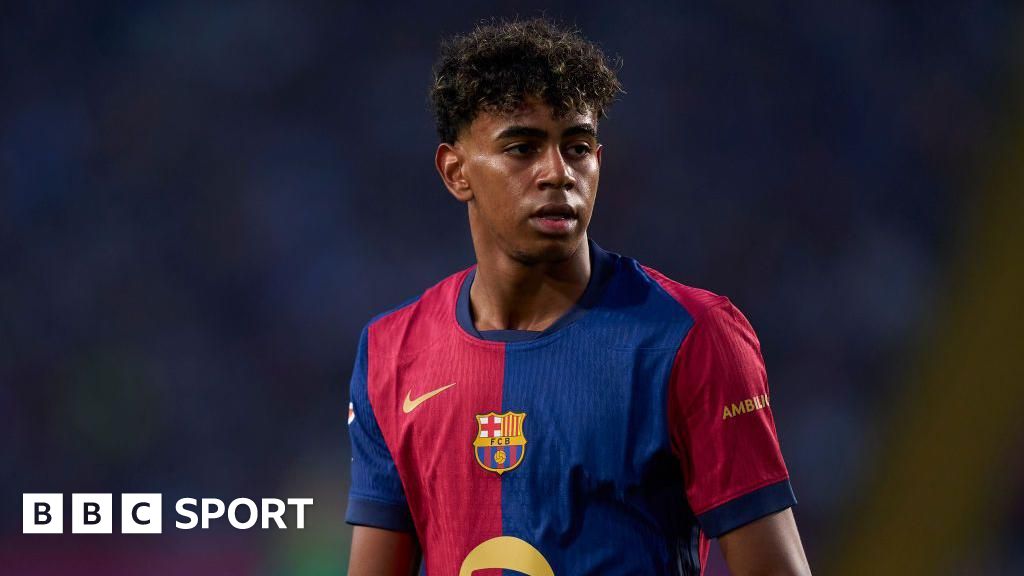ARTICLE AD BOX
Financial projections given to potential investors in The Hundred "seem overly optimistic", according to an independent sports finance expert.
The England and Wales Cricket Board (ECB) has begun the process of selling stakes in the eight franchises.
Information sent to interested parties was published on X, formerly Twitter, by Indian Premier League (IPL) founder Lalit Modi.
One striking detail was a predicted rise of international TV rights revenue from £2.1m this year to £34.8m in 2032, which Modi said "made little sense".
And finance expert Dr Dan Plumley told BBC Sport: "There is growth potential in The Hundred (and English cricket more generally) and private equity investment could be a real positive for the sport.
"But these projections, particularly from 2029 onwards, should come with a massive note of caution at the present moment."
The ECB is not disputing the validity of the information published by Modi, but has declined to comment.
The governing body has provided disclaimers in its presentation to investors, saying: "No representation, warranty, assurance or undertaking is given as to the achievement or reasonableness of any future projections."
In the leaked slides, sponsorship is projected to rise from £5.7m this year to £32.6m in 2032, which Modi called "far-fetched" but Plumley believes is possible.
A domestic TV deal with Sky has been agreed up to 2028 and the ECB said income will rise from £37.8m this year to £54.3m next year and in each of the following three years. For the next broadcast cycle, from 2029 to 2032, the ECB is projecting an annual income of £85m, which Modi said is "plausible".
The international rights projection grows year on year to 2032, with the ECB predicting a rise of almost £14m between 2028 and 2029 alone. By 2032, the ECB is projecting it will be more than 16 times what it is now.
Plumley, based at Sheffield Hallam University, added: "I agree that domestic growth is plausible, but the international rights predictions seem like a big leap, especially given it is only the Premier League in football that has seen rights surge abroad.
"Most sports still get their main broadcast money from domestic TV deals."
Any growth in international rights would seem to hinge on India and the United States. However, India's male players do not currently play in The Hundred, lessening its appeal there. The US has launched its own Major League Cricket, which can overlap with The Hundred and has three of its six teams associated to IPL franchises.
Time differences also play a part in selling a cricket league in the UK to India or the US.
"The IPL is still the biggest franchise league in world cricket and Indian players only being able to play there is another factor that makes it tricky for The Hundred," said Plumley.
"That league has phenomenal valuations for its franchises and is still the benchmark. It has been built up over 16 years of strong growth in a strong market.
"Geography also plays a part. Even if you can generate more rights fees from India and the US, the time difference is a factor in terms of when the games are played in the UK."
Writing on X when he published some of the ECB's projections on Wednesday, Modi said the figures are "disconnected from reality".
In a further post on Thursday, Modi clarified he had previously made a "billion dollar" offer to purchase the tournament and turn it into a T20 competition.
"My concern now is that they are trying to lure current IPL owners into this non-starter league and building a hype around it that has no justification or guarantees on numbers," he added.
The ECB is selling a 49% stake in each of the eight teams, with the other 51% then given to the hosts of those teams, who can opt to keep the stake, sell all or part of it.
In July, the ECB revealed it had contacted owners of some NFL teams, as well as every owner in the IPL and its women’s equivalent, the Women’s Premier League.
Earlier this month, Glamorgan chief executive Dan Cherry confirmed Wrexham Football Club owners Ryan Reynolds and Rob McElhenny had held talks over investing in Welsh Fire.

 2 months ago
11
2 months ago
11








 English (US)
English (US)